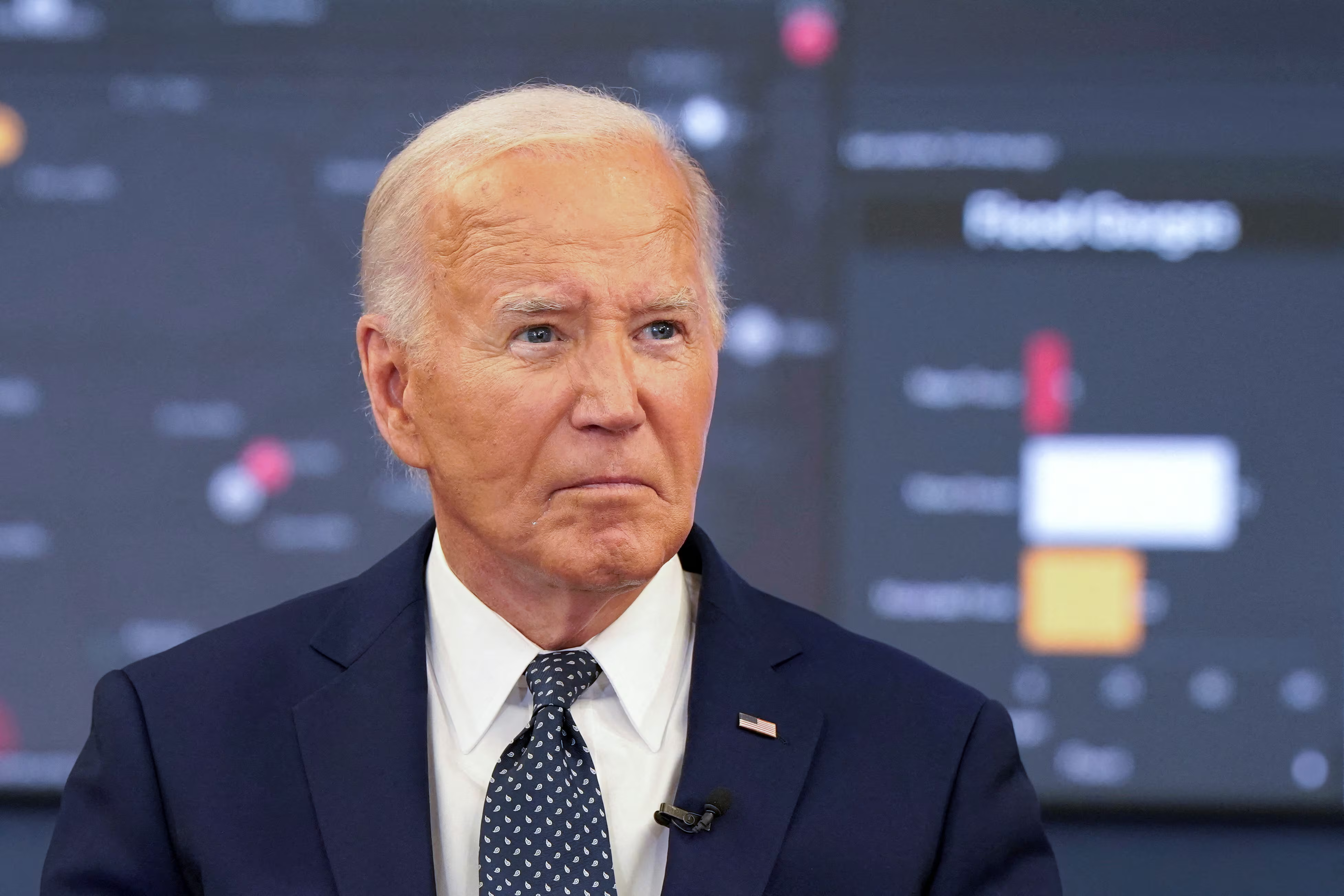M.J. Tidwell
Boston University Statehouse Program
A version of this article was published in the Daily Hampshire Gazette.
WESTFIELD — Ashley Degray was waiting for the start of her next class at Holyoke Community College on Monday afternoon. The 24-year-old occupational therapy student was acutely aware of the time.
From 10 a.m. to 2 p.m. she is a full-time student at HCC. After class, she gets in her car and drives 20 minutes to her job as a waitress, working from 4 p.m. to 10 p.m., then drives another 20 minutes home, and does her homework from 10:30 p.m. until “it’s finished.” On a good day, that means midnight.
“I have to work a lot,” Degray said. “I have to work more now because I’m in school, whereas in the summer, I didn’t have to worry about driving here, school clothes, school supplies … all the things that come with school more than just the books.”
She’s not alone.
At a hearing before the Joint Committee on Higher Education at Westfield State University Monday, situations such as Degray’s and details that are often forgotten but which loom large in students’ lives were the topic of discussion.
The committee heard testimony regarding 11 proposed bills and petitions related to lowering the cost of public higher education in Massachusetts. The chairman, Rep. John Scibak, D-South Hadley, began by saying, “We want to hear from students as well as college presidents.”
Two dozen WSU students attended for the duration of a class period, sitting in the back row next to former Sen. Michael Knapik, now director of Gov. Charlie Baker’s western Massachusetts office.
When Scibak asked the students how many were worried about the cost of a college education, every hand went up.
Several of the proposals are supported by area lawmakers. Rep. Peter Kocot, D-Northampton, has signed onto a bill to make public higher education free for Massachusetts residents. Sen. Eric Lesser, D-Longmeadow, supports bills about community college tuition, college completion and scholarships to increase access to college.
Committee member and recent college graduate Rep. Solomon Goldstein-Rose, D-Amherst, backs a bill to establish a finish-line grant program to encourage college completion.
That grant program was just one proposed solution to the thorny problem of paying for higher education. Under the proposal, students who complete their first year of a four-year public college with a minimum grade point average, usually a 2.0, would be eligible to have their second year paid by the state. The goal is to keep students in school and on track toward finishing their degree.
Other proposals to lower the cost of public higher education fall into two categories, Scibak said after the hearing.
One is known as “first dollar,” where a student receives money from the state first and then applies for grants, scholarships or loans for additional expenses. The “last dollar” option requires the student to first apply for grants and scholarships, after which the state pays for the gap left in tuition, fee and textbook expenditures. The latter, Scibak said, would likely be less expensive for the state.
According to North Shore Community College President Patricia Gentile, that gap for her students often comes out to be $1,400. “That might not seem like a lot to a school,” she testified, “but it can make the difference in a student choosing to forgo a college education.”
Gentile and Holyoke Community College President Christina Royal said their schools are made up largely of Massachusetts residents, most of whom stay in the state after graduating and give back to the economy.
However, they also said their schools see many students drop out, or, in the case of 1,500 accepted students at North Shore, never attend, due to that $1,400 and what Royal termed “the devil in the details.”
They explained that though community college may seem inexpensive at face value, the extra tangible and intangible costs add up quickly for students.
As in the case of Degray, students must pay directly for shelter, transportation and textbooks, but they also pay indirectly with their time commuting and balancing work with homework.
“I think that’s the reason I’ve stayed here for so long,” Degray told the Gazette. “I’d rather be somewhere else, but because school is so expensive, I’ve stayed here.”
She plans to begin attending American International College in Springfield soon, but not without the help of “a lot of loans.”
At the hearing, Royal said she understands that any of the bills will require a substantial investment by the commonwealth. “But,” she said, “the need is there.
Westfield State University President Ramon Torrecilha, though speaking about the slightly different but no less difficult costs of a four-year institution, concurred.
“This is about public good, rather than private investment,” he said.
Scibak said the hearings are about finding the best possible way forward, which could be some amalgamation of the best parts of many different bills. They are in the exploratory phase, he said, listening to the community and watching other states to see how lowering the cost of higher education plays out in places like Tennessee and Oregon, where legislation is already in motion.
“I think it’s important, whatever we do, that the student has some skin in the game,” Scibak said, “That’s why these programs we’re talking about, you have to have a minimum grade point [average], you have to be working toward a degree.”





